During his visit, Yapıcıoğlu addressed the families outside the HDP Provincial Directorate, where the vigil has been ongoing for over five years, and shared his thoughts on a potential renewed peace process between Kurdish groups and the Turkish state.
In a press statement, Yapıcıoğlu reflected on the 2013–2015 “solution process,” which aimed at resolving longstanding conflicts between the Turkish government and Kurdish groups. He warned against repeating past mistakes if a new peace process is initiated and suggested that any renewed efforts should begin with a significant gesture of goodwill—namely, the release of the children reportedly held by the PKK.
Yapıcıoğlu highlighted the resilience of the families, particularly the mothers, who have maintained a vigil for over five years. “Our mothers, whose hearts have been burning for more than five years, are here asking for their children,” he noted, recounting how the vigil originated in 2014 with a mother’s protest for her child’s release in Diyarbakır's Fiskaya neighborhood. Despite temporary halts during the original solution process, the vigil reignited in 2019 and has since grown, with 379 families now calling for the return of their children; 56 families have successfully reunited with their loved ones.
Most of these young people were reportedly taken in 2014–2015, during a period when peace talks were active. Yapıcıoğlu pointed out that abducting young people during such discussions is “a clear indication” that there was no true commitment to disarmament and peace at the time.
“If a new process is to start, take the first step by handing over the children of these mothers as a sign of goodwill so that we can believe that you are sincere,” Yapıcıoğlu urged, stressing that the release of these children would demonstrate a genuine commitment to ending violence.
He also criticized the previous solution process for its flaws, emphasizing that basic rights, such as mother-tongue education, should not be tied to militant disarmament. “Do not condition fundamental rights on the requirement that those who have weapons lay them down,” Yapıcıoğlu stated, urging policymakers to separate basic rights from negotiations with armed groups. Discussions on societal demands, he advised, should involve civilian representatives rather than those holding weapons.
Reflecting on Türkiye’s current challenges, Yapıcıoğlu called for unity, dialogue, and strengthened brotherhood to “extinguish the fire” of ongoing conflict. He warned that regional instability surrounding Türkiye could spill over if issues are not resolved internally. “If we do not solve it, you see the fire around us—it is expanding a little more every day,” he said, advocating for a just and peaceful approach based on mutual respect among Turkish citizens.
In a concluding appeal, Yapıcıoğlu expressed hope that this time, a peace process could succeed where it had previously faltered. He urged all sides to work together for a peaceful resolution, saying, “Let’s put a pen in the hands of our young people who have weapons in their hands. Let them write, read, produce work, give something to society.” He concluded by pledging that HÜDA PAR would actively monitor and support a renewed peace process, striving to avoid past mistakes and work toward a lasting resolution. (ILKHA)
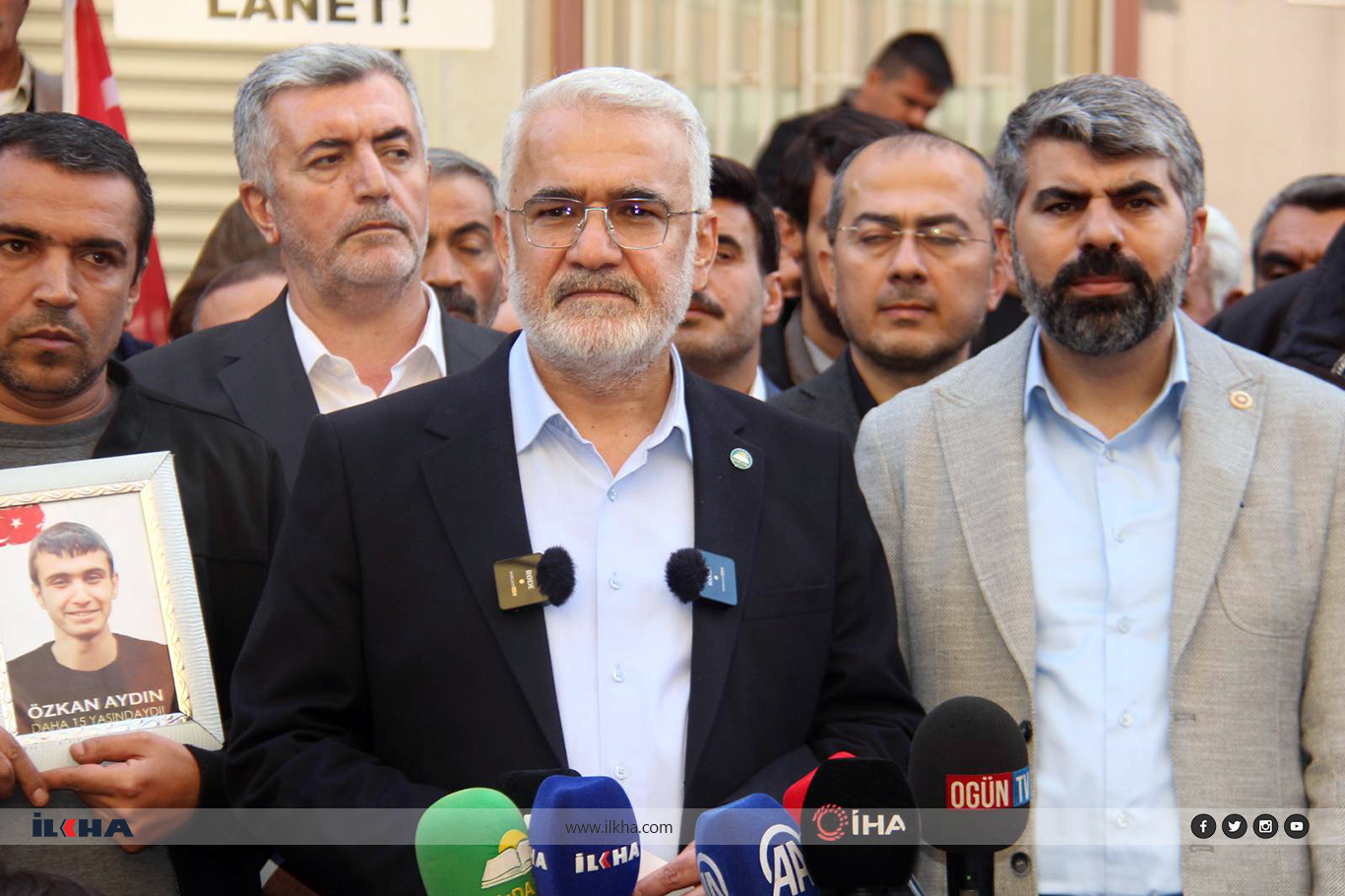
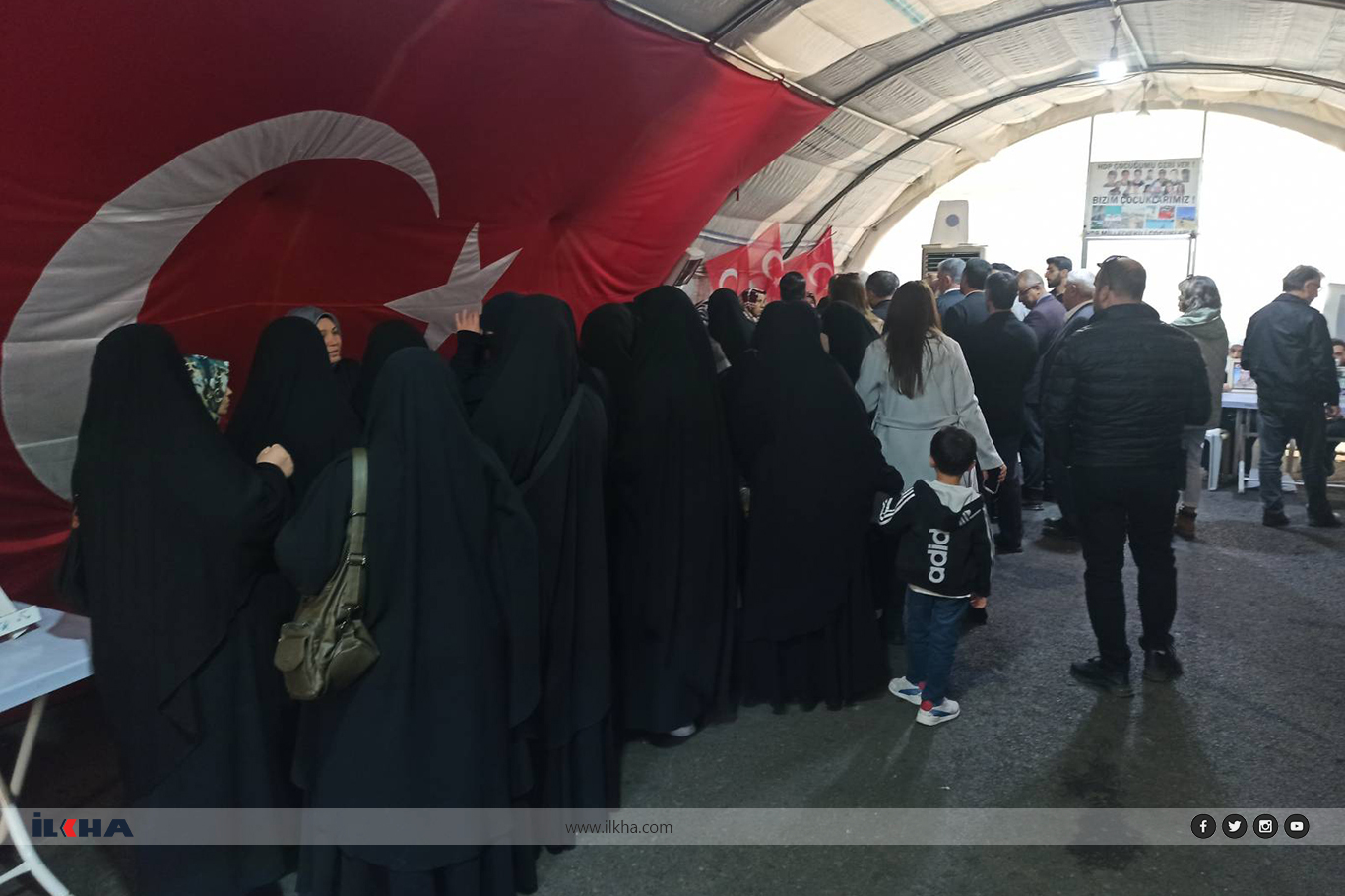
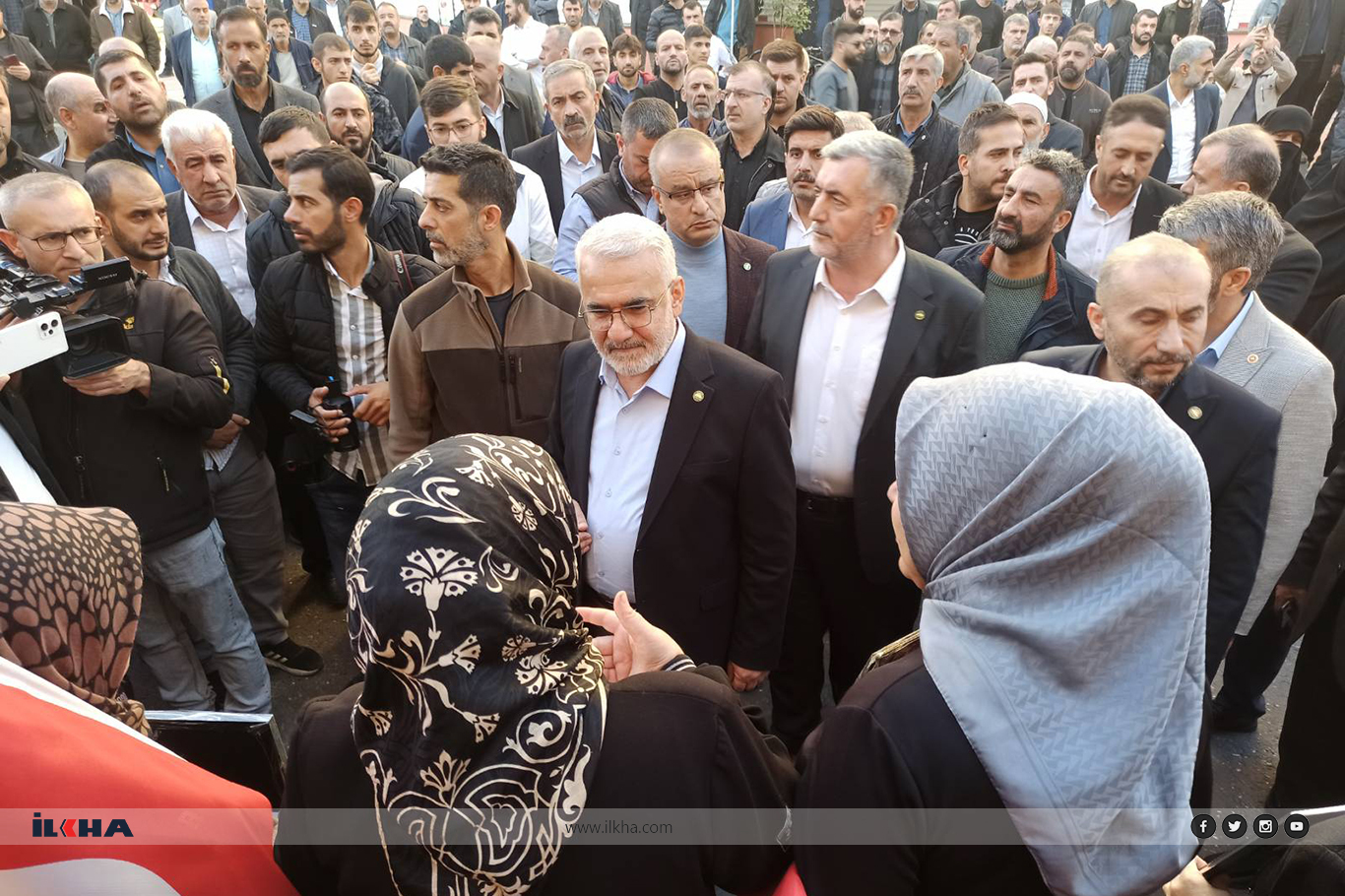
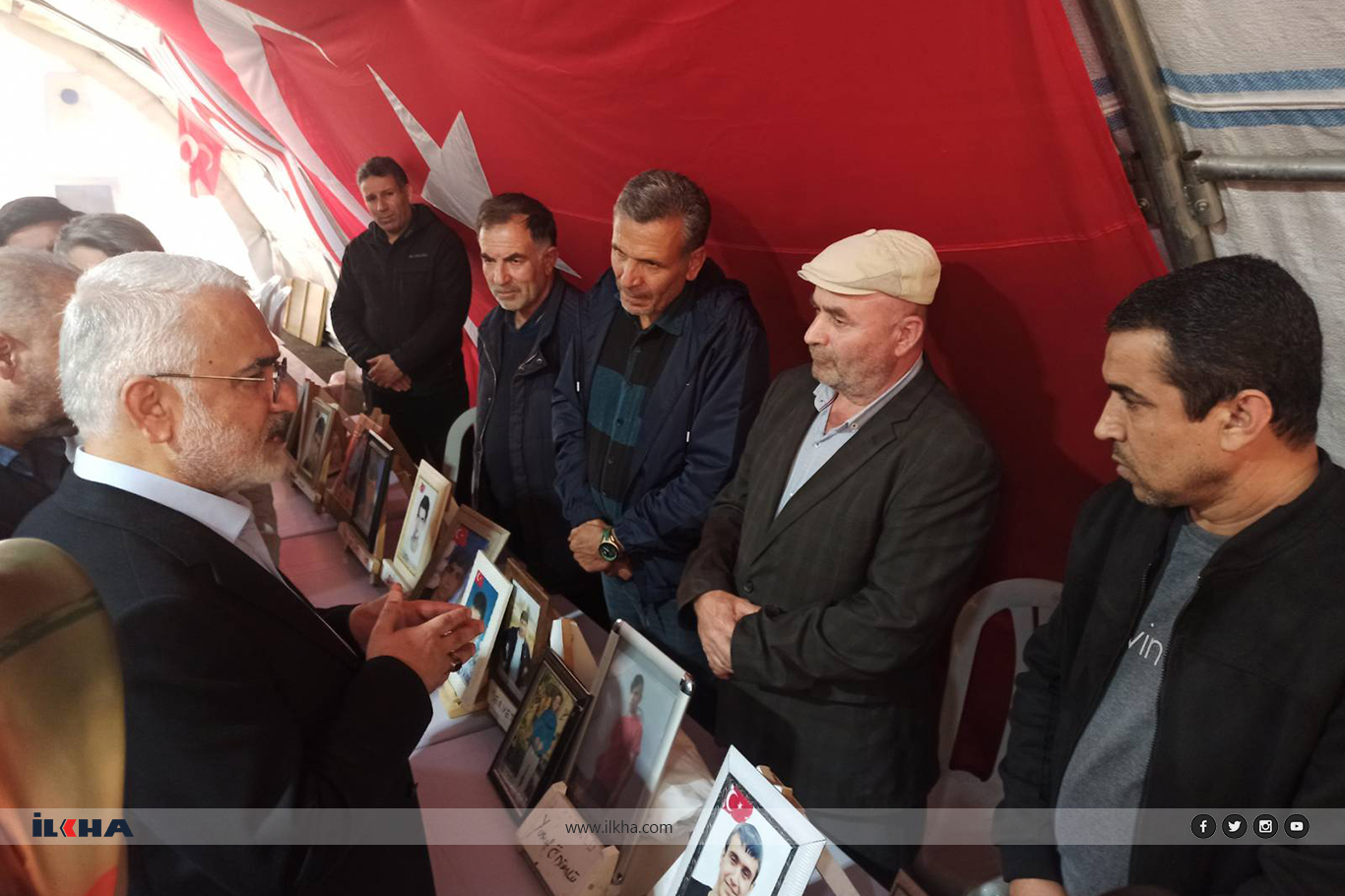
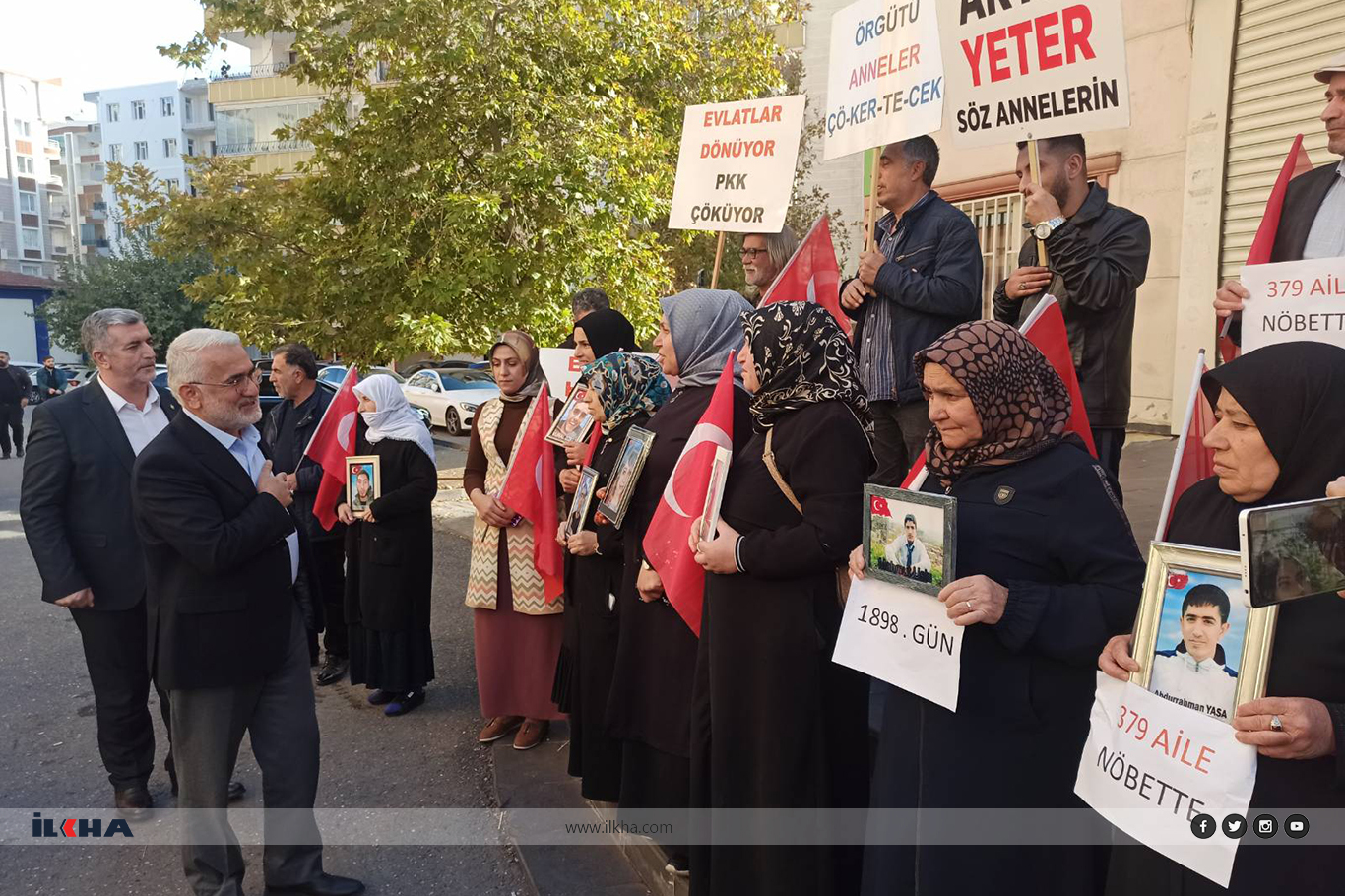
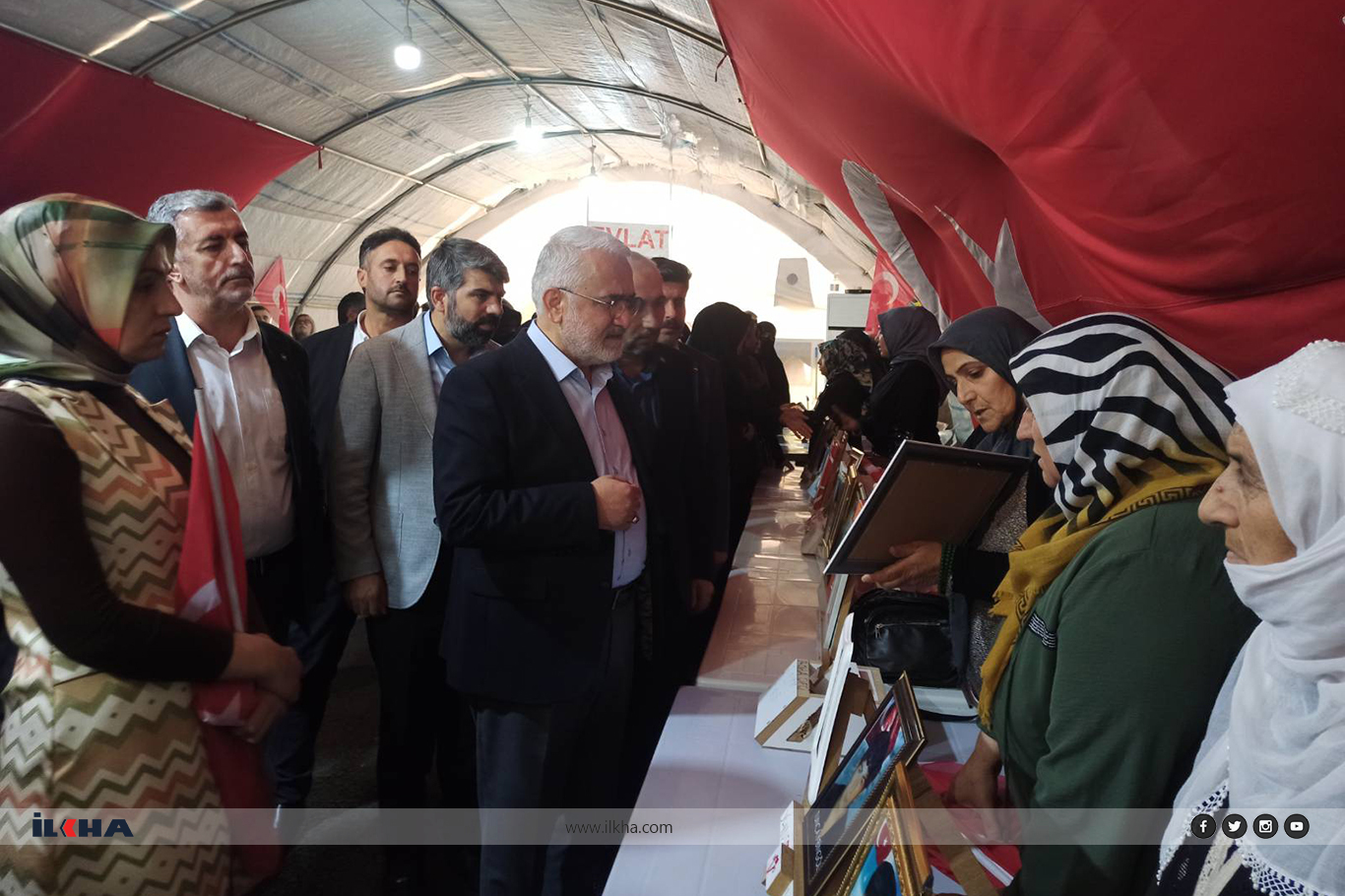

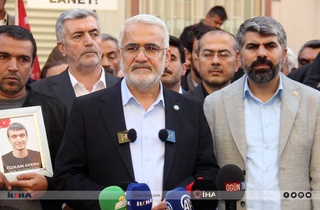

 Güncel
Güncel
 Güncel
Güncel
 Güncel
Güncel
 Güncel
Güncel
 Güncel
Güncel
 Güncel
Güncel
 Ekonomi
Ekonomi
 Güncel
Güncel
 Dünya
Dünya
 Dünya
Dünya





